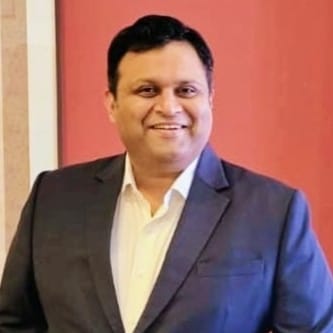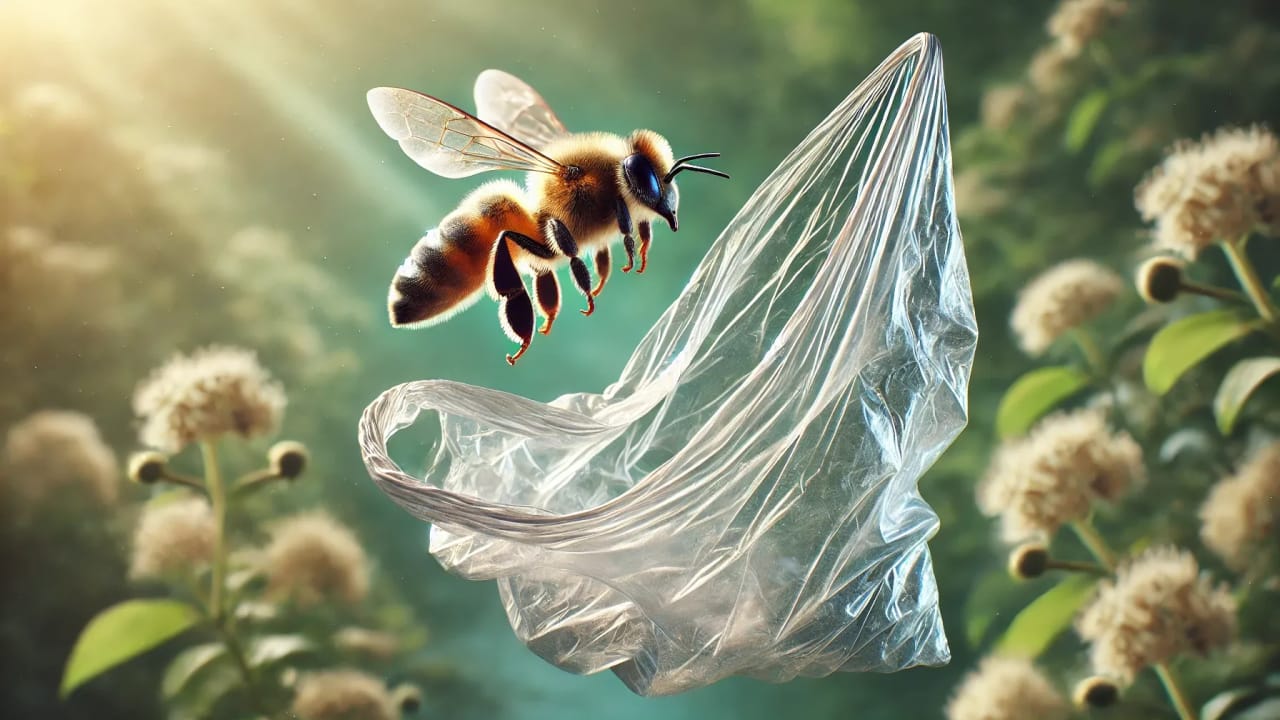The Battles We Choose: Sustainability & Legacy

bySantosh Nagasamy
Some truths creep up on us slowly, and by the time we fully recognize them, they have already reshaped our world. The idea that honey—one of nature’s purest gifts—is now laced with microplastics is one such truth.
Bees don’t need plastic. They don’t use it, produce it, or discard it. And yet, unknowingly, they gather it—just as we do. Microplastics have become so pervasive that even the most untouched parts of nature can no longer escape them.
But this isn’t just about microplastics. It’s about the cost of waiting.
The Cost of Waiting
We’ve known about microplastic pollution for decades. We’ve seen the data, heard the warnings, and watched the consequences unfold in real time. Yet as a society, we hesitate—not out of apathy, but because we keep waiting for the perfect solution before acting.
Governments wait for airtight policies. Companies wait for the most cost-effective alternatives. Investors wait for the right balance of risk and return.
But while we wait, plastic spreads. And the bees keep collecting.
At Phitons, we don’t believe in waiting.
Phitons’ First Principles: A Framework for Action
Every decision follows three fundamental principles:
- Do no harm, and enrich when possible.
- Always understand the end-of-life impact of what is created.
- Create a healthy planet for healthy humans.
These aren’t just guiding ideas—they are non-negotiables. If it doesn’t align, it doesn’t get made.
To ensure sustainability isn’t just an ideal, we build everything on three pillars that make real-world adoption possible:
- Sustainability at Scale – Because solutions must work beyond the pilot stage.
- Commercial Viability Across the Value Chain – Because sustainability must make business sense.
- End-User Acceptance and Experience – Because if people don’t adopt it, it’s not a solution.
These principles ensure that waiting is never an excuse for inaction.
The Illusion of Perfect Timing
It’s understandable why businesses and investors hesitate. Risk must be managed. Solutions must be scalable. No one wants to back an idea that doesn’t hold up in the real world.
But the truth is, there will never be a perfect moment.
History doesn’t belong to those who waited for ideal conditions. It belongs to those who acted despite uncertainty.
The real question is not "Is the perfect solution ready?" but rather "How much longer can we afford to wait?"
And this isn’t just a question for governments or businesses. It’s personal.
It’s about the choices we make every day—because those choices define the future we leave behind.
The Battles We Choose
Phitons is growing—fast. And just like a child, growth requires resources, care, and constant attention.
In the middle of fundraising, scaling operations, and pushing forward, I find myself stretched in all directions. Sleep has been scarce. My mother noticed.
"Is all this effort worth it, son?" she asked me. "Wouldn’t it be easier to take a job, earn a salary, and be happy?"
I smiled and reassured her.
"I can handle it. Stress happens when we can't do what needs to be done—but I am doing it. I'm not stressed, just fatigued. And fatigue is temporary."
But I know there’s something deeper driving me—a choice, a trade-off, a decision about the battles worth fighting.
The battles we choose not to fight today will have to be fought by our children.
And that is not a burden I am willing to pass down.
Phitons wouldn’t be here today without the vision and courage of our early adopters—those who believed in what we were building before it was obvious, who took a chance on innovation instead of waiting for the market to catch up. Because of them, we’re no longer just proving that sustainable alternatives can work—we’re accelerating toward making a meaningful global impact.
With our First Principles guiding us, we don't have to wait for the perfect solution. Through rapid prototyping and learning fast, we keep moving forward, adapting, and improving. This is how we ensure progress without waiting for perfection.
What Happens Next?
So where do we go from here?
This is the fight I have chosen. Not because I am the CEO, but because I believe sustainability is a battle worth waging.
It’s not easy. It never was supposed to be.
But when I hold my daughter, I remind myself: I am not just fighting for a company. I am fighting for her future.
Because if bees can’t escape the reach of plastic, what makes us think our children can?
Maybe the first step isn’t waiting for perfection. Maybe it’s choosing progress over hesitation.
Maybe it’s choosing compostable over plastic today. Maybe it’s questioning the status quo. Maybe it’s investing in solutions that put the planet first.
One thing is certain—we cannot wait.
So, what step will you take today?

